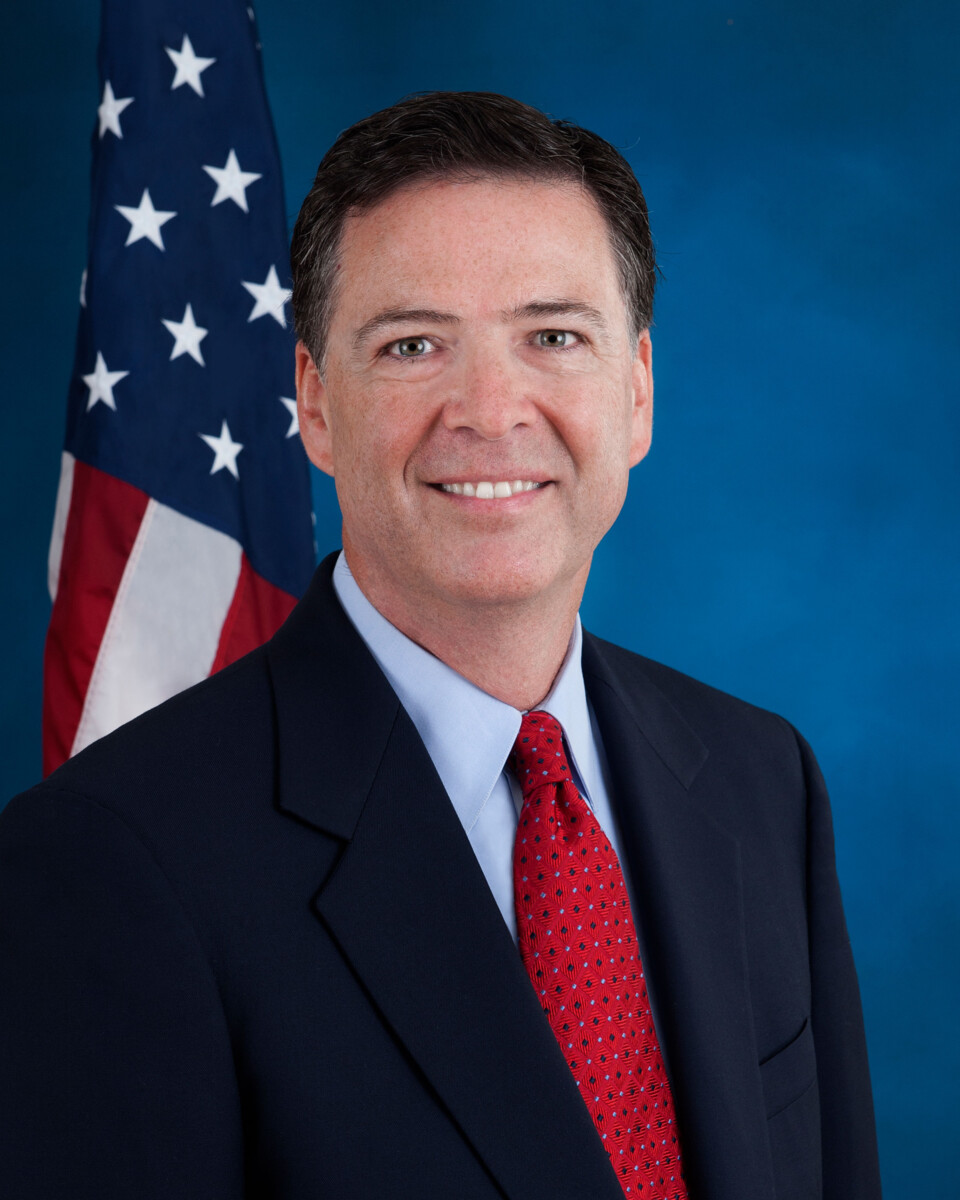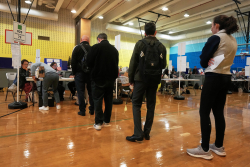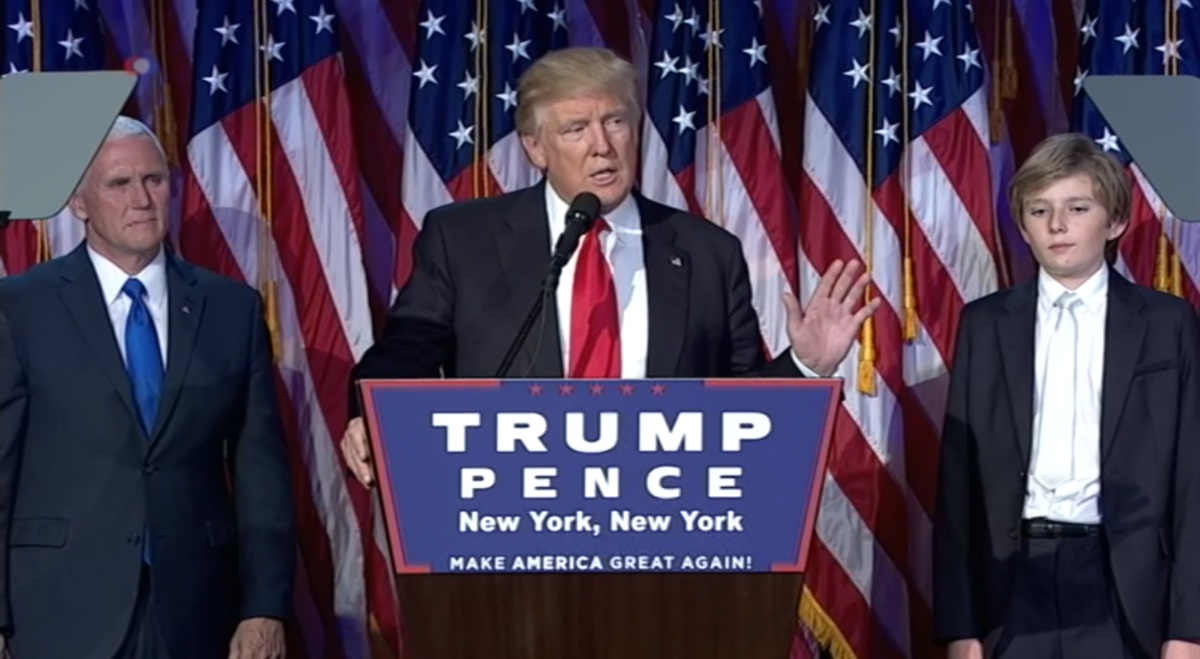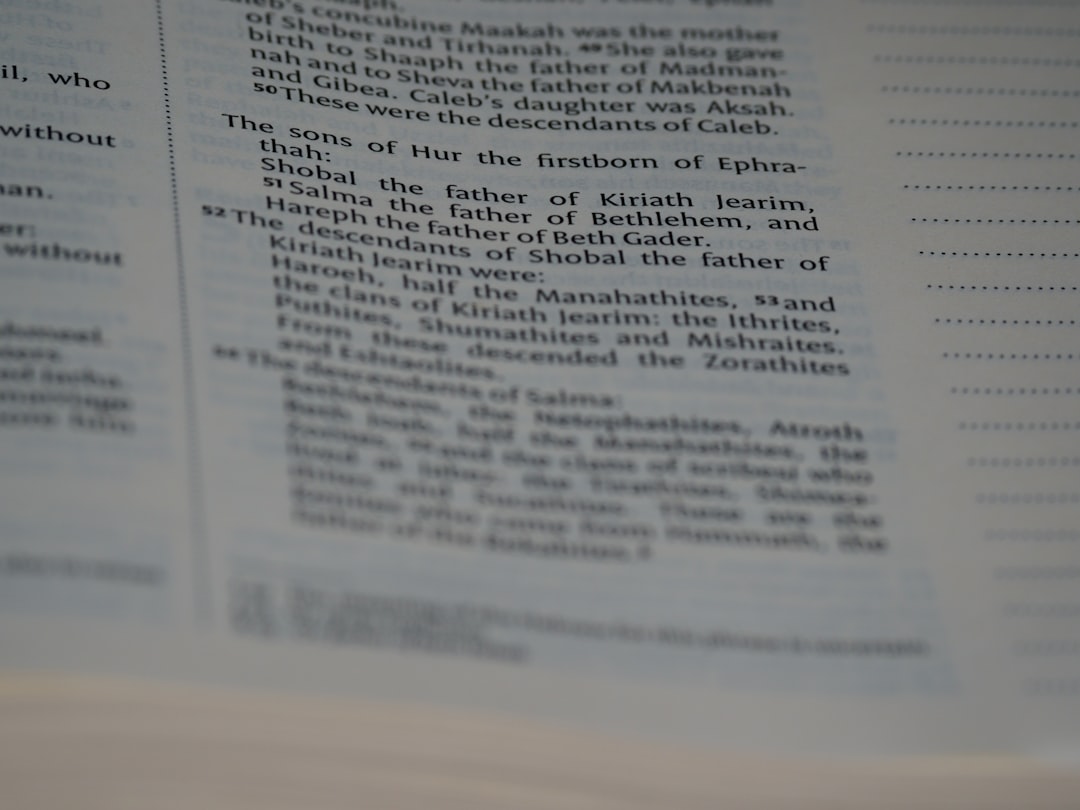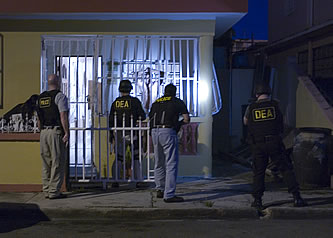
The Fresh Indictment Shaking Washington (Image Credits: Upload.wikimedia.org)
Amid the tense hush of federal courtrooms, echoes of high-stakes decisions from years past continue to reverberate through the halls of justice.
The Fresh Indictment Shaking Washington
Picture this: a former FBI director facing charges that could rewrite his legacy. In late September 2025, James Comey was indicted on counts of making false statements and obstruction of justice, tied to his 2020 congressional testimony. Prosecutors claim he misled lawmakers about authorizing leaks from his memos after leaving office.
Comey wasted no time pushing back. His legal team filed motions to dismiss the case, calling it a blatant act of political revenge from the Trump administration. They argue the charges stem from personal grudges rather than solid evidence, highlighting how the prosecutor involved might lack proper authority.
This isn’t just a legal skirmish; it’s a flashpoint in ongoing debates about weaponizing the justice system against critics.
Flashback to the Clinton Email Storm
Comey’s tenure as FBI director kicked off with a bang in 2016, when he publicly lambasted Hillary Clinton’s use of a private email server while simultaneously clearing her of criminal wrongdoing. That July press conference broke long-standing Justice Department norms, drawing fire for prejudging an investigation.
Critics saw it as meddling in the election, especially after a letter he sent days before voting reopened the probe, influencing public opinion. An inspector general report later faulted him for violating protocols and undermining trust in the bureau.
Yet Comey defended his moves as necessary transparency, a stance that still divides observers on whether it was principled or partisan.
The Russia Probe’s Tangled Web
Nothing defined Comey’s era more than the FBI’s investigation into Russian election interference. He oversaw the launch of the probe that led to the Mueller report, but accusations flew that the bureau relied on unverified info from the Steele dossier to spy on Trump campaign figures.
Declassified documents revealed lapses in FISA applications, with Comey signing off on renewals despite known issues. This fueled claims of abuse, portraying the FBI under his watch as overly aggressive toward political opponents.
Comey later testified that the investigation was justified, but the fallout eroded faith in the process for many.
Leaking Memos and Congressional Clashes
After President Trump fired him in 2017, Comey shared memos of their conversations with a friend, who passed them to the media. This sparked the special counsel appointment, but Comey faced heat for potentially mishandling classified material.
During testimony, he denied directing leaks, a point now central to his indictment. Lawmakers on both sides grilled him, with some viewing it as obstruction of oversight.
The episode painted Comey as a man willing to bend rules to counter what he saw as threats to democracy.
Earlier Shadows: The U.S. Attorneys Controversy
Before leading the FBI, Comey served as deputy attorney general under George W. Bush. In 2007, he testified about the dismissal of U.S. attorneys, contradicting Alberto Gonzales and exposing White House pressure on prosecutors.
His account helped spotlight perceived politicization of the Justice Department, earning him praise as a whistleblower. Still, it sowed seeds of distrust in how power operates behind closed doors.
That moment foreshadowed the very accusations now leveled at Comey himself.
Broader Patterns of Power and Perception
Across his career, Comey positioned himself as a guardian of integrity, from hospital bedside stands against warrantless surveillance to authoring books critiquing leadership. But detractors point to a pattern: decisions that always seemed to tilt against conservatives.
Posts on social media and expert analyses often list his actions – like the FBI’s handling of the dossier or ignoring Clinton Foundation ties – as evidence of bias. A quick rundown of key flashpoints:
- 2016 election interference via public statements.
- FISA warrant flaws in the Russia case.
- Memo leaks post-firing.
- 2020 testimony discrepancies.
- Early DOJ whistleblowing that backfired.
These threads weave a narrative of a principled operator or a power player, depending on who’s telling the story.
What’s Next in This Saga?
As court dates loom, Comey’s case tests the boundaries of prosecutorial independence. A simple timeline of his legal battles:
| Year | Event |
|---|---|
| 2007 | U.S. attorneys testimony |
| 2016 | Clinton email announcement |
| 2017 | Firing and memo leaks |
| 2025 | Indictment on perjury charges |
The outcome could redefine accountability for top officials, reminding us how personal ambitions clash with public duty.
James Comey’s story serves as a stark reminder that in politics, yesterday’s hero can become tomorrow’s target. What do you think – vindication or vendetta? Share your take in the comments.
Key Takeaways:
- Comey’s 2025 indictment centers on alleged lies about leaks, seen by him as Trump-driven retaliation.
- His FBI years sparked bipartisan outrage over election-timed moves and investigative shortcuts.
- Defenses highlight his role in exposing abuses, but patterns suggest deeper institutional strains.

